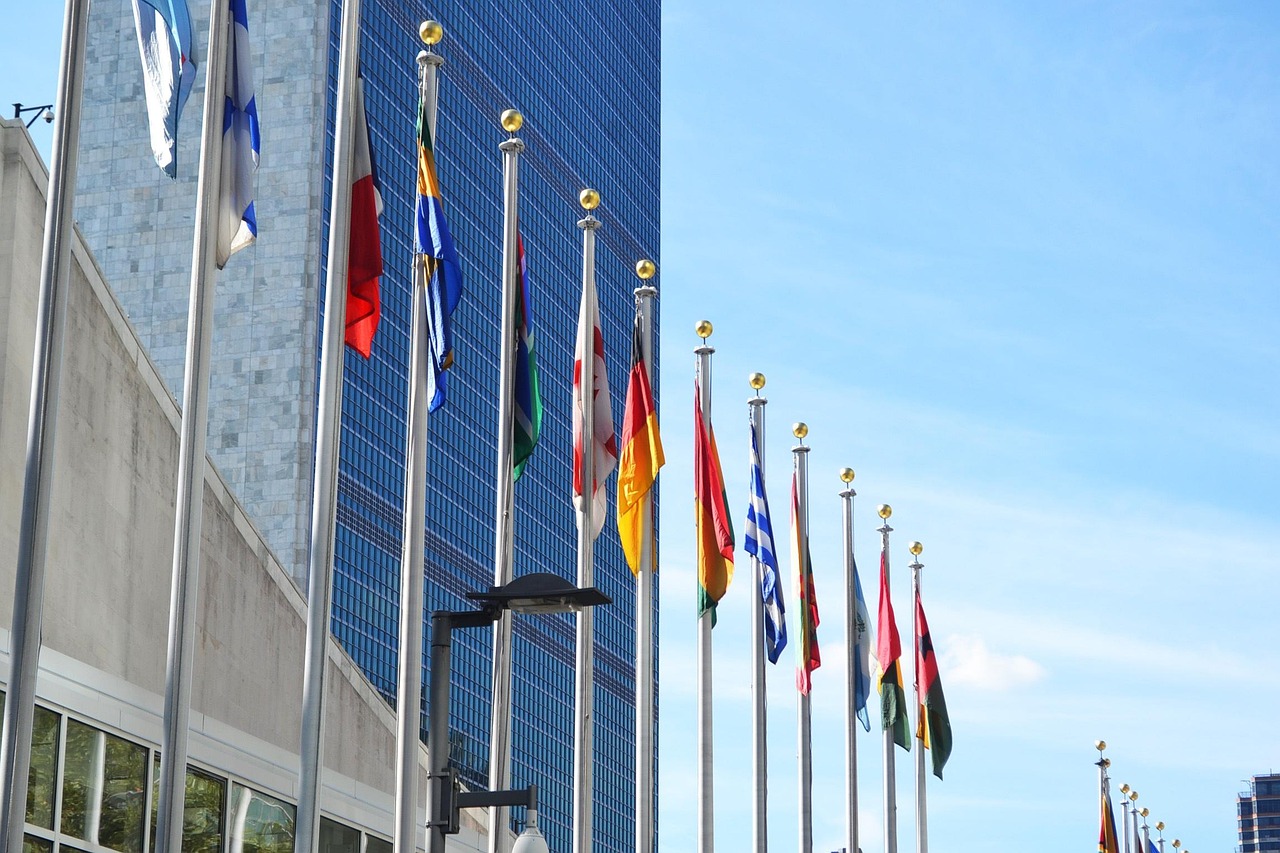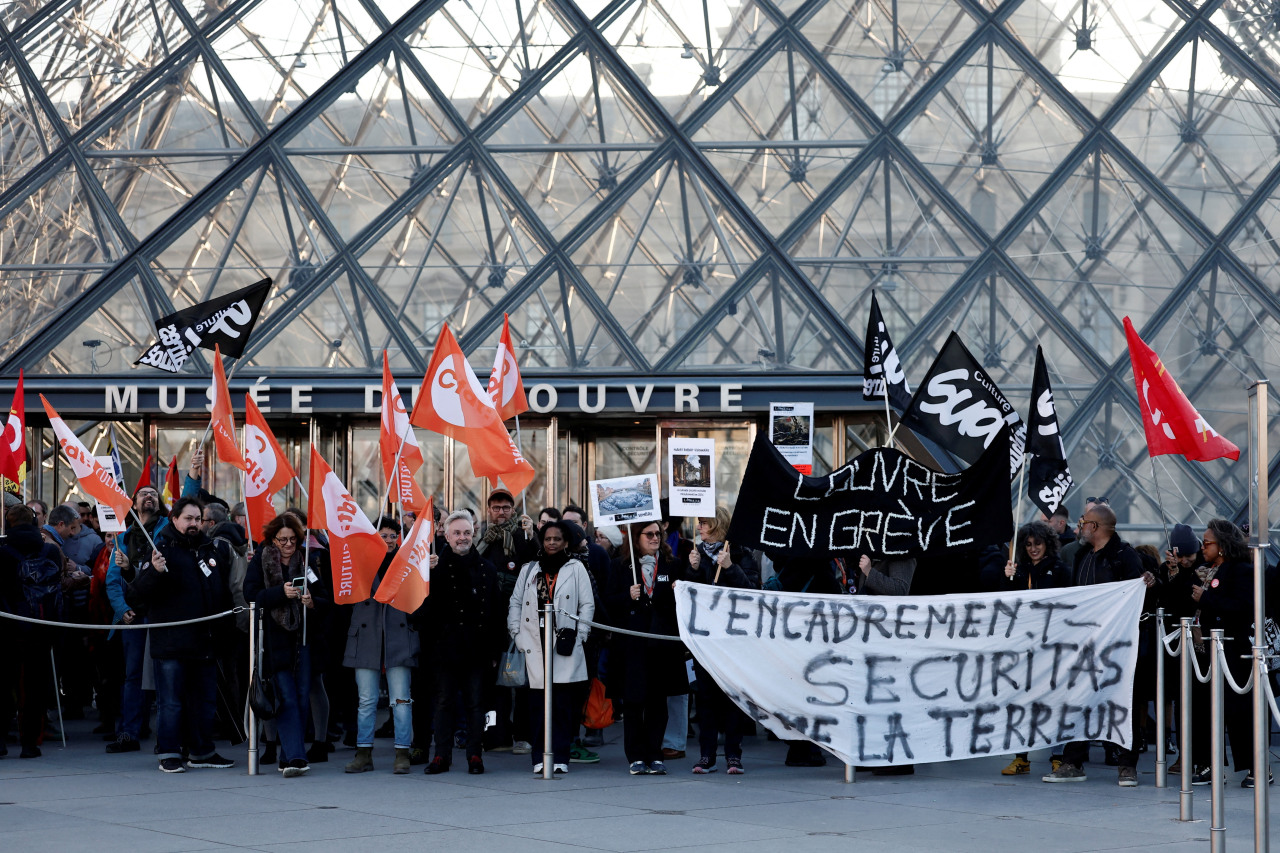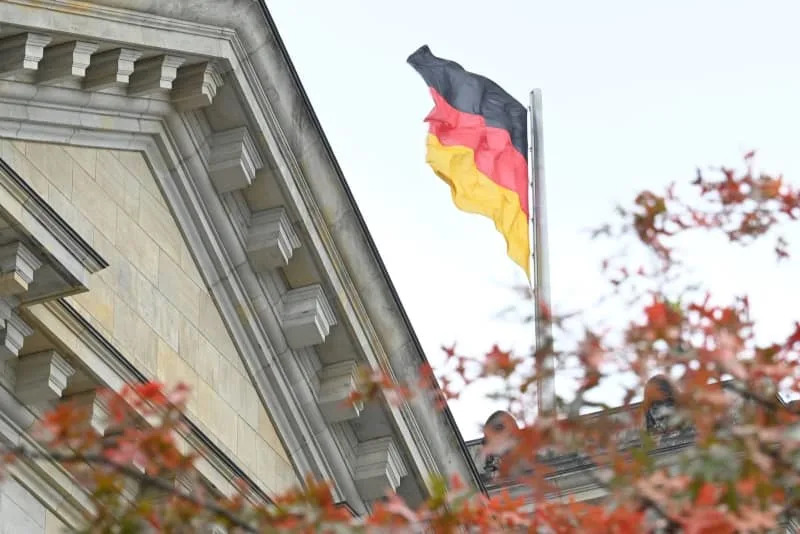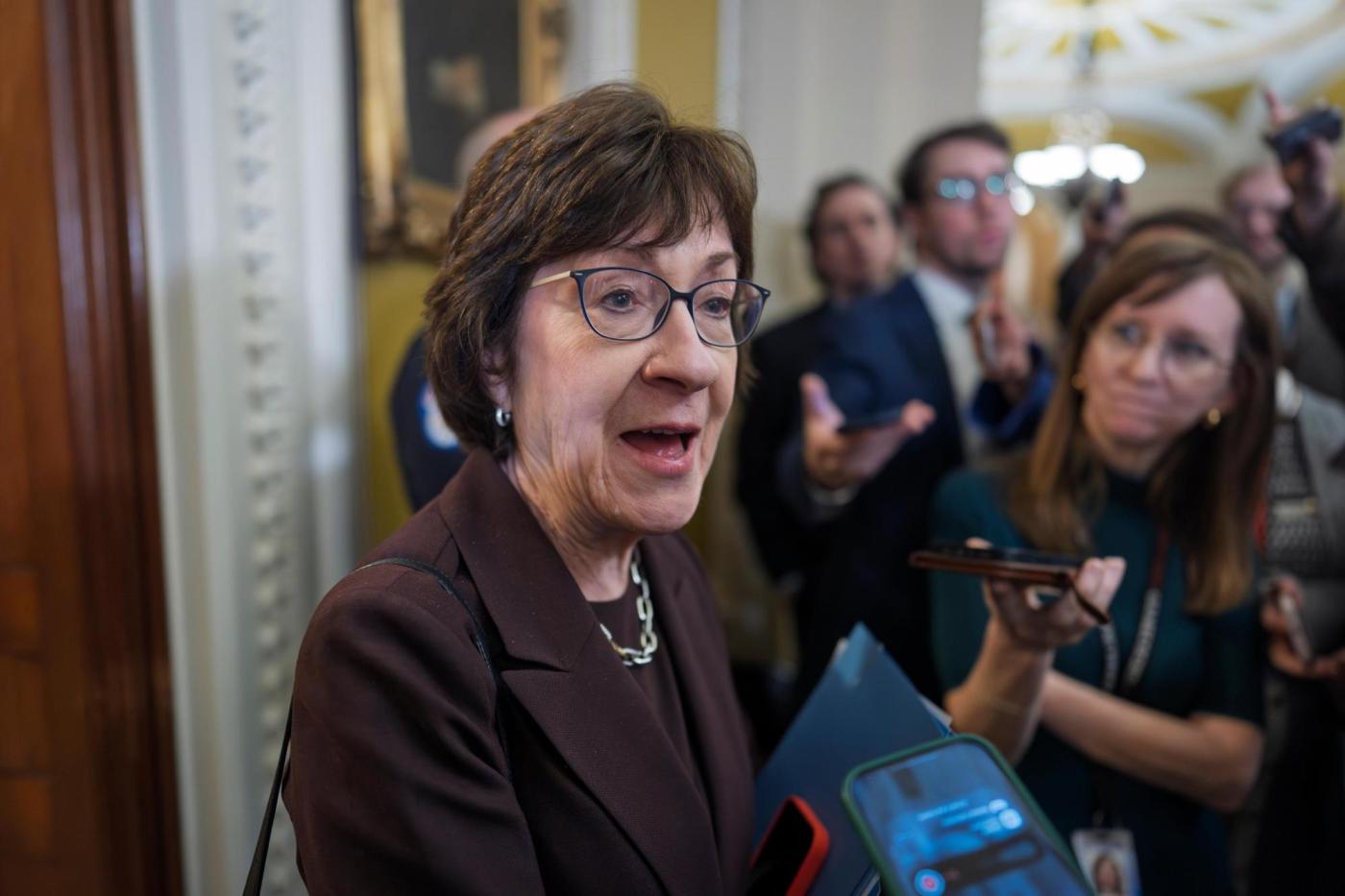A report released by the United Nations expert on the promotion of a democratic and equitable international order, George Katrougalos, has called for sweeping reforms to create a more just global financial system. The report, unveiled on October 25, 2023, emphasizes that these reforms must be grounded in a human rights-based approach, promoting values such as equality, solidarity, and human dignity.
In his findings, Katrougalos criticized the policies of major financial institutions, particularly the International Monetary Fund (IMF) and the World Bank. He noted that these policies have been disproportionately influenced by high-income nations, often overlooking the needs of developing countries. Despite the institutions’ claims of neutrality, he argued that their focus on market liberalization and fiscal discipline has come at the expense of social equity and the protection of human rights.
Katrougalos highlighted a troubling trend: developing nations are increasingly channeling resources towards debt repayment rather than investing in domestic needs. This shift has widened the gap between the global North and South, creating further inequalities. He pointed out that the governance structures within these financial institutions favor developed countries, which control approximately 41 percent of voting power, despite accounting for less than 10 percent of the global population. In contrast, more populous and lower-income nations hold less than 10 percent of the voting shares.
Furthermore, the report contended that both the IMF and the World Bank have failed to consider the human rights implications of their decisions. While these institutions assert that their mandates focus solely on economic objectives, Katrougalos maintained that they operate within the broader legal framework of the UN and are therefore obligated to adhere to international human rights law.
In conclusion, Katrougalos urged the IMF and the World Bank to align their operations with UN principles. He called for greater cooperation with UN human rights mechanisms and recommended that voting rights be rebalanced to enhance the representation of developing countries. He also proposed measures to close the global financial gap, including taxing excessive profits of multinational corporations and financial speculators.
Concerns regarding the compatibility of the current global financial system with UN human rights standards have intensified, particularly in light of rising challenges such as climate change. The UN has previously encouraged policymakers to increase funding for adaptation efforts, especially to ensure that climate finance benefits marginalized communities. Notably, around 80 percent of the world’s poorest populations live in areas highly vulnerable to climate-related disasters.
Additionally, the UN Environment Programme Finance Initiative has introduced a Human Rights Toolkit designed to assist financial institutions in aligning with international human rights standards. This initiative aims to integrate human rights considerations into decision-making processes.
In July 2024, a coalition of finance and foreign ministers will advocate for urgent reform of the global financial architecture, emphasizing the need for greater inclusion of developing countries to enhance sustainable development financing in Africa.
The call for reform underscores the urgent need for a financial system that does not merely serve the interests of a select few but promotes equity and dignity for all nations, particularly those that have been historically marginalized in the global financial landscape.







